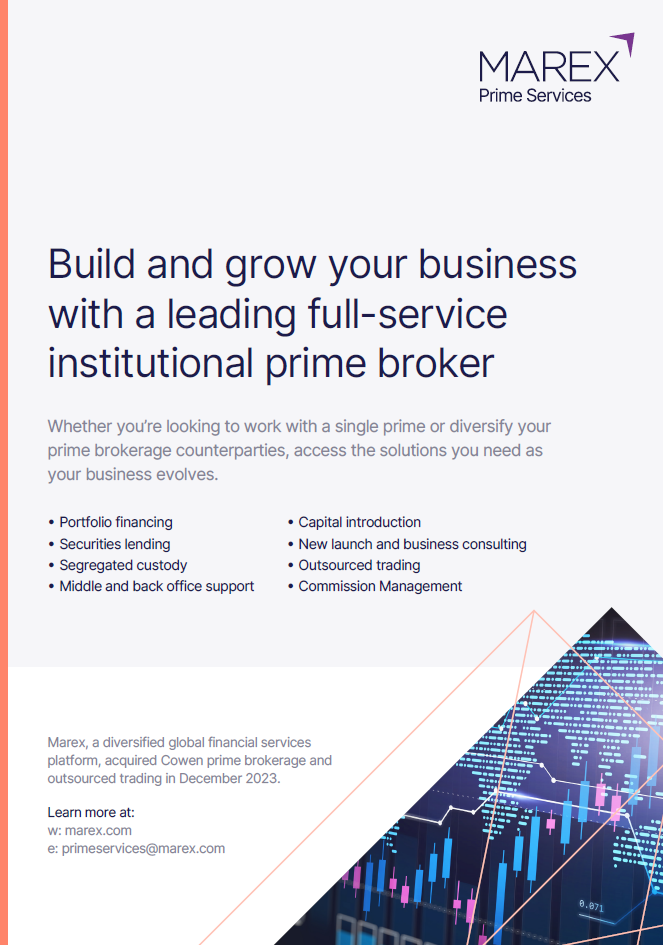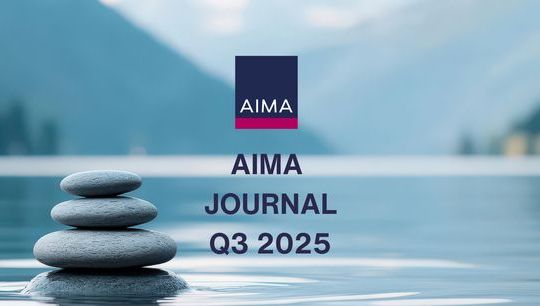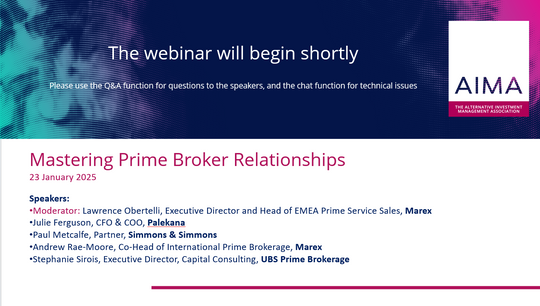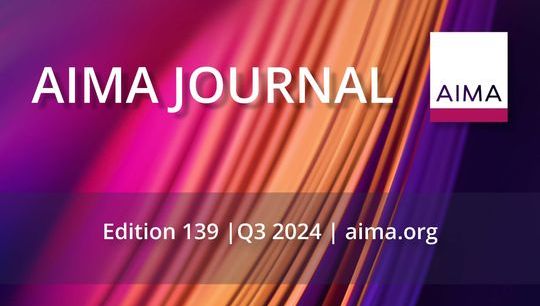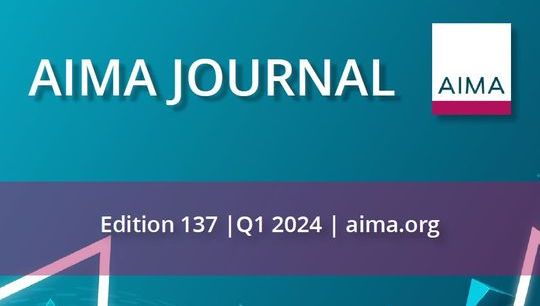Higher ground: How the new rate regime impacts allocators
By Jack Seibald, Marex
Published: 17 June 2024
For most people in the business of fund allocation, the higher interest rate environment has meant taking a new approach.
In the era of tighter credit, risk-reward calculations have shifted. This is true across the market spectrum, regardless of geography, asset class or investment approach. Higher interest rates may provide a common backdrop, but they also create a slew of new push-pull relationships as they impact different market segments, affect specific industry sectors and the broader economy, put additional pressures on hedge funds to perform, and inflate the costs of portfolio financing.
Jack Seibald, Global Co-Head of Prime Services and Outsourced Trading at Marex is constantly talking to people who need to weigh these push-pull factors and decide on allocations themselves or advise clients on such decisions. Here, he shares his insight on allocator views for the months ahead.
Cash is not necessarily king
Cash may be more attractive, but assets are proving more so. For cash-heavy macro funds and commodity trading advisors, higher rates provide a base, on top of which there can be opportunities for alpha. This puts the onus on advisors to find managers who are able to generate alpha, because clearly not enough funds have been doing that. Hedge funds need to be making double-digit returns or very close to that to justify investor interest in this environment.
Think diversity
Given everything that has happened in the past few years, it should not come as a surprise that what may have worked well one year has not always continued to do so the next. Certain strategies that performed in 2022 struggled in 2023 and last year was notable for how often many managers found themselves having to make abrupt changes pertaining to fundraising strategies. With that in mind, it makes sense not to focus on a single strategy but to aim for diversity.
Credit complications
Long-short credit strategies could offer opportunities, especially considering dispersion and differentiation of returns.
Underlying that view are the competing forces at play in credit. Investors have been moving more into credit in the past six to nine months, but the higher rate environment also raises the prospect of more defaults. What is clear is that people are not used to thinking about dispersion when it comes to credit because they have seen so little of it in the past seven or eight years.
Focus on flexibility
Anyone looking broadly at credit will want a broad portfolio of credit managers focusing on stressed, distressed and performing credit, rather than a single manager rotating. The market moves quickly. In 2020, as COVID hit, the window of opportunity for some distressed credit could be months long. Fast forward a couple of years and such windows may open and close at lightning speed. Managers who have experience dealing with both stressed and performing credit should expect to be popular.
Mileage in long-short equity
When rates were near zero, it was not conducive to outperformance against exchange-traded funds or passive investing in general. But if we assume higher rates will be around for a while, long-short investing could become more attractive. Is the goal of hedge funds to outperform Exchange Traded Funds (ETFs)? The after-effects of excess liquidity from the COVID years have been benefiting the market, but that is changing. Short strategies could offer more opportunities, particularly once delinquencies finally start to happen. It’s worth noting that the long-short space has improved but some of that was driven by beta as the equity market rebounded.
Manager selection is key
Higher interest rates are a double-edged sword. They can make short-selling more expensive, but they create opportunities because of their effect on underlying companies. At the same time, dispersion in the long-short space has been so great that allocators will need to focus on manager selection. It’s been popular to buy-the-dip, making life more difficult for short sellers. It is therefore key to look for managers who are resilient in such an environment.
The FOMO factor
One positive side-effect from the rally in equities has been that it generated a dose of FOMO (fear of missing out) in people’s minds. In other words, it provided yet another argument against sitting on cash. But that does not mean investors need to rush into equities. Relative value may be less exciting but it can generate solid returns. One possible approach is to use relative value and multi-strategy to create a strong core and then add diversity on top of that.
Final thoughts
It has been almost a generation since interest rates have been this significant for institutional allocators and investment managers. The impact of higher interest rates – on trading strategies, underlying assets and the macroeconomic environment – adds fresh complications. But from speaking to fund managers and allocators, it is clear that there is tremendous opportunity to be had for those investors prepared to delve deeply and identify the right managers. All things being equal, that’s a pretty good position to be in.
